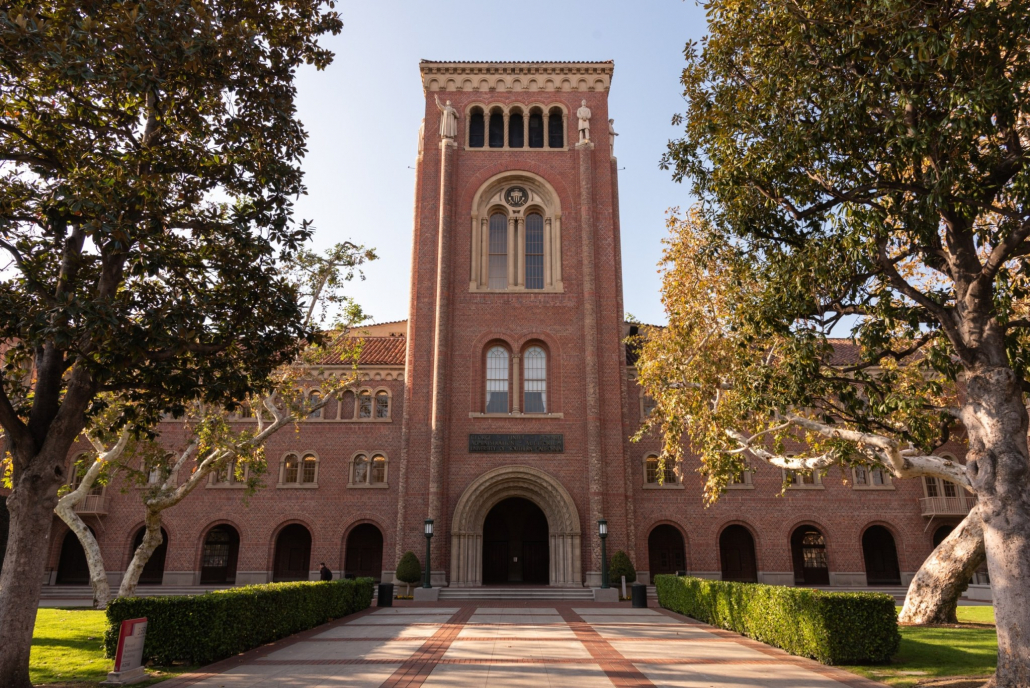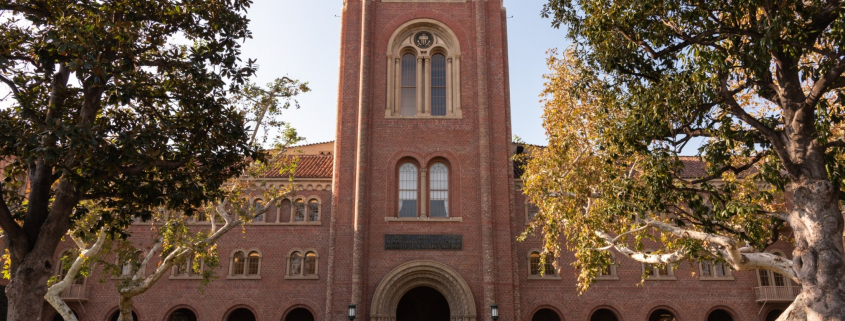Fall financial aid changes must consider all factors

While disappointing news for many, allowing undergraduate students from around the world to congregate on a compact, metropolitan campus is understandably illogical. Los Angeles remains a global coronavirus hotspot. In early July, the University reversed its earlier decision to hold a hybrid semester and announced that the majority of undergraduate classes will be held primarily online.
USC has been forced to work fast and come up with a social distancing-approved alternative semester for nearly 50,000 undergraduate and graduate students. Additionally, the University’s new contingency plan for the fall semester recommends that students participate in classes remotely and reconsider living on or near campus to reduce population density.
Provost Charles Zukoski mentioned in his July 1 email that efforts have been made to improve the virtual learning experience, citing the creation of a new portal that will act as a “virtual quad” to keep students engaged and socially active. However, USC has yet to prove that it will provide adequate financial support to its students, many of whom will be learning and working from home again.
The Financial Aid Office is currently recalculating and redistributing aid packages based on changes in students’ housing plans following the announcement of an online semester. There are many factors to consider — many upperclassmen have already signed year-long leases with local housing management companies, and some student-athletes, housing-insecure and international students will have no choice but to live in on-campus housing. Dorms and dining halls are operating at an extremely limited capacity and even students who can attend classes from home may still encounter unprecedented expenses.
USC said that it will offer an up to $4,000 per semester “Living-at-Home” scholarship to undergraduates who would have otherwise received financial assistance for room and board. Additionally, students who would have lived in on-campus housing have the ability to completely cancel their housing contracts and be refunded full amounts of what they’ve already paid.
Although housing will be extremely limited, the University plans to honor current housing contracts once it receives approval from the L.A. County Department of Public Health. Due to public health restrictions, only one student is permitted in each bedroom and the county is requiring the University to maintain a quota of vacant rooms in the case that they are needed for quarantining.
Campus itself will essentially be a ghost town and many student study spaces, such as libraries, will be completely closed or available by appointment only. Of the students who are permitted to stay in on-campus housing, financial aid packages will be increased to the maximum amount based on need.
Students who secured off-campus leases are also in a difficult predicament. USC Housing groups on Facebook are currently flooded with posts by tenants trying to sublease or re-let their apartments and bed spaces. However, the supply far outweighs the demand, and many students will inevitably be stuck paying for a spot that they may not even be living in. For this reason, the Office of Financial Aid has asked students to submit documentation of their rental and lease agreements in order for them to disburse the maximum amount of aid based on financial need — essentially the equivalent of the “Living-at-Home” scholarship for students who still are paying for non-USC housing and won’t be living with parents or relatives.
While the Financial Aid Office has done their best to soothe the influx of concerned students and parents by releasing statements detailing the additional aid that will be applied to accounts, it is imperative that aid statements are also tailored to each student’s unique circumstances. For example, many students rely on on-campus jobs and work-study positions to pay for tuition and rent, but job opportunities will obviously be limited or nonexistent this semester. Students and their families may also be more financially vulnerable due to job loss during the pandemic and such consequential factors ought to be taken into account.
It is nearly impossible for the University to account for all of the learning discrepancies that exist between in-person and online classes. In the event that students’ academic progress is hindered by their inability to connect remotely, USC is offering a scholarship opportunity that would cover the cost of two free online classes during the summer 2021 instruction period so they can catch up.
However, this solution does not necessarily address the students who may earn a passing grade in an online class but suffer from a severely diminished quality of learning. While the University also aims to expand technical support for students dealing with connectivity issues, the details of the plan have yet to be announced.
The number of potential problems with the upcoming semester are staggering to say the least, but there is only so much that USC can do. While there are many things to criticize about the University’s fall plans, it is certainly safe to say that they, like the rest of us, are trying their best during difficult, unpredictable, and certainly unprecedented times. Now, if only they would try harder to reduce tuition rates.

